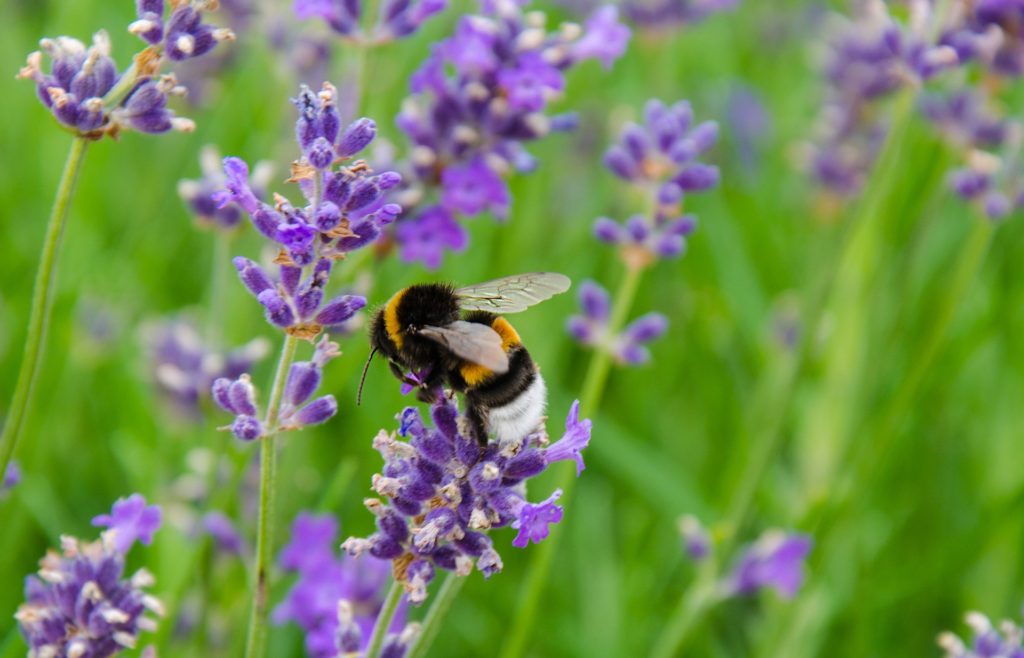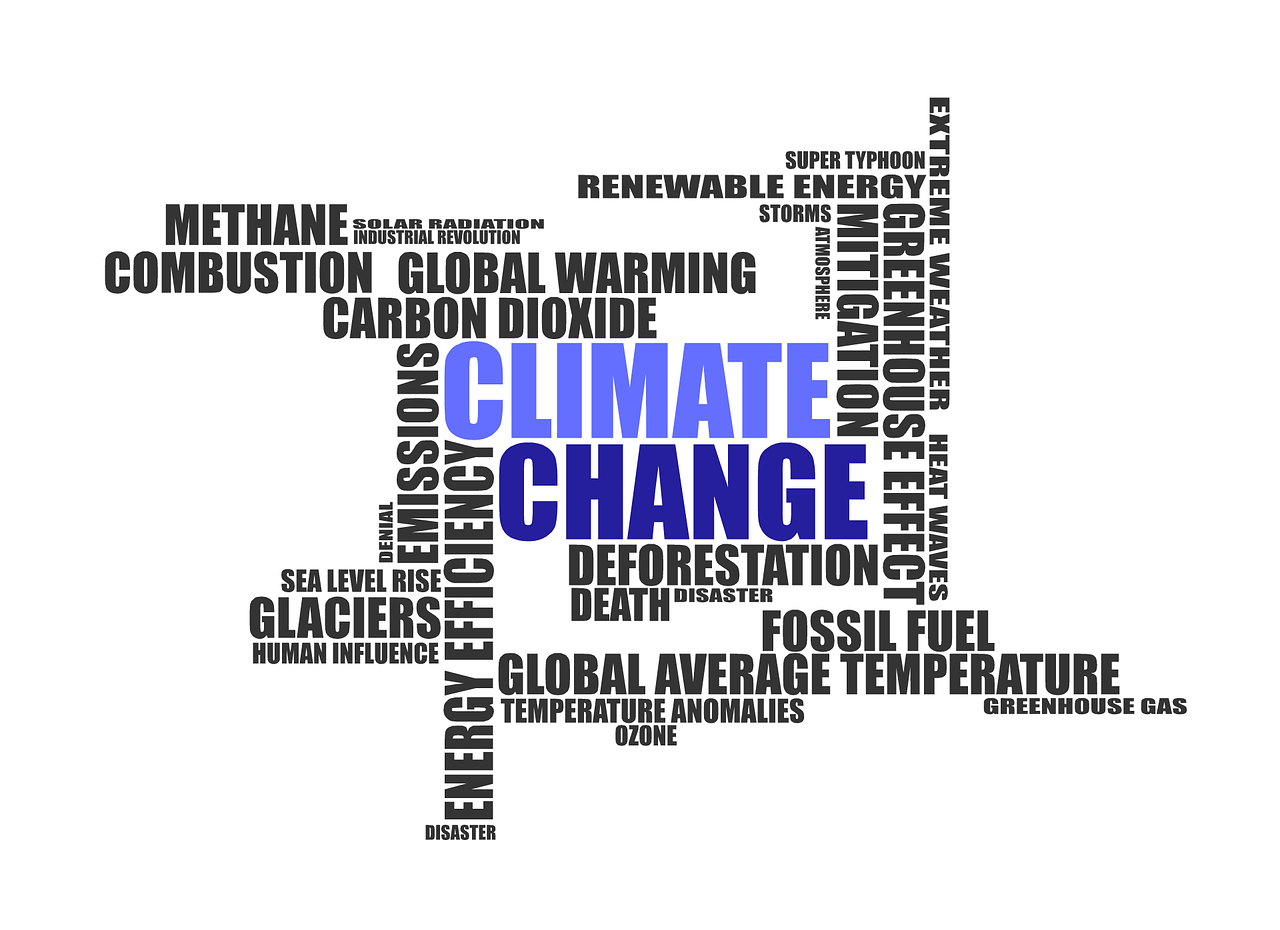How honey bees are critical to the survival of human beings is a topic only children’s books and animated movies seem to cover. But the plight of these tiny pollinators is not to be taken so lightly as we do. A human body can only survive for up to 8 to 21 days without any food, and about one-third of the total food we consume each day depends on pollination. Bees, along with other insects and birds, pollinate our food crops. And what are we doing for those who are regulating our food supply, I wonder?
I also wonder what the loss of bees will mean for our global ecosystem. Or the loss of many other insects, birds, mammals, and plants and the balance between them and their environment. Climate change is one of the biggest reasons why bees and other wildlife populations have declined. The constant shifting in temperature and the ozone layer depletion has altered the life of plants and their flowering seasons. This has made all life on earth difficult, including human life which is one cause of all that is going wrong in our environment.
Air pollution, water pollution, noise pollution, pesticide misuse, soil erosion, desertification, flooding, waste management, deforestation, natural and technological disasters are some of the environmental issues that we are facing. If we talk specifically about Pakistan, we are on a roller coaster as a nation when it comes to environmental issues.
According to the latest global EPI (environmental performance index), Pakistan is on the list of countries that suffer from poor air quality. Even if you go out for a walk or a jog, the mobile phone’s health app suggests that you should not go today as the conditions are not good. The main environmental issue still remains climate change due to which all of these issues are arising.
What is climate change and why does it matter?
It can get hotter or wetter on average or have more concentrated rain in a short period, but then get longer dry periods. All of that can be a result of climate change. Human activity is the main cause of climate change. Increase in the use of fossil fuel, pollution in the oceans, and cutting down trees (deforestation). The climate change of the earth changes regarding temperature, precipitation, and wind. The rise in temperature causes ice sheets and glaciers to melt down into the oceans.
Pakistan’s climate change concerns include increased variability of monsoons, the likely impact of receding Himalayan glaciers on the Indus River system, the decreased capacity of water reservoirs, reduced hydropower during drought years, and extreme events including floods and droughts.
How is Pakistan affected by climate change?
Climate scientists say Pakistan is especially vulnerable to the effects of climate change including, sea intrusion, unusual rain patterns (as seen in Karachi), glacial melting (Himalayan range), rising temperatures, heatwave, and drought. Between 1999 and 2018, Pakistan has ranked the 5th worst affected country in terms of extreme climate caused by climate change. Sindh has been affected by heatwaves and hundreds of people have died not coping with it.
Deforestation
The main reasons for deforestation in Pakistan are urbanization, farming, and overgrazing. These have led to severe desertification and flooding.
As a consequence of deforestation and changing land-use patterns, the most critically affected ecosystems of Pakistan are:
-
Juniper forests of northern Baluchistan, which have been heavily harvested for timber and fuelwood.
-
Ecological changes in the Indus River riparian zone have drastically affected the riverine forests. Large tracts have been cleared for agriculture.
-
The Himalayan temperate forests are also under severe pressure from logging for timber and firewood, and from clearings for agriculture and human settlements.
The deforestation rate in Pakistan is increasing by 0.2 to 0.5 percent annually as per official reports. This means thousands of species of wildlife, including bees and other insects and birds which are crucial for our survival, lost their habitat.
Deforestation and Pollination

Insects and birds who transport pollen between flowers and crops produce commercial crops that we enjoy. These crops include fruits, vegetables, and nuts. Apart from aiding the food supply, pollinators also contribute to our economy. Though the Smart-Apiculture project, AHDUS Technology has enabled:
-
Precision apiculture or precision beekeeping to support beekeepers in their decisions to care for the bees and maximize their efficiency
-
Forecast weather: predict dry periods or earthquakes and how to keep bees alive in extremely cold seasons
-
Performance measurement data: from collecting pollen and nectar to building honeycomb and laying eggs
-
Smart modules: data accession by software, organized data in-app, notifications and alert system for threats
Fertilizers and Pesticides
Fertilizers contain nitrogen and produce nitrous oxide emissions which is one of the biggest causes of rising emissions, whereas pesticides have been known to be harmful to both human life and wildlife such as bees. One of the major causes of the decline in the bee population is the poisonous use of pesticides.
How deforestation contributes to climate change?
When we are surrounded by trees, they help us in our breathing by releasing oxygen and removing carbon dioxide from the air. This is how they contribute to stopping climate change. But when these trees are cut down, the stored carbon is released into the air that we and wildlife breathe in.
Carbon dioxide is one of the most dangerous gases produced due to human activities and is responsible for 64% of global warming. 40% of its production has increased since industrialization.
Aid For Cleaner and Greener Pakistan
Starting in 2014, the government of Pakistan started pursuing a billion tree tsunami policy, and in 2018 that policy was extended to a 10 billion tree program.
Prime minister Imran Khan launched the Clean Green Pakistan Movement on 8 October 2018 to help create a cleaner and greener environment. A web portal was launched where citizens can get registered and report their activities to earn points. Citizens would also be awarded medals when they reach a certain threshold of points. The annual budget for the year 2018-2019 is 802.69 million rupees according to the PSDP Report.
Ministry of Climate Change
The ministry of climate change is a cabinet-level ministry of Pakistan that is concerned with climate change. Zartaj Gul is the current minister of climate change.
The Zoological Survey Department of Pakistan is a department under the Ministry of Climate Change, which carries out surveys and research on the distribution, population, and status of animal life in Pakistan.
Pakistan environmental protection agency, also one of the executive agencies of the ministry of climate change. This agency is charged with protecting human health and the environment by writing and enforcing regulations based on laws passed by the parliament.
Climate change has a major effect on the people of not only Pakistan but globally. Their lives are heavily affected by floods, droughts, heatwaves, and the major decrease in temperature in winters. Since human activities are the leading cause of global warming, how do you think we can help in stopping it? Visit Ahdus Beekeeping Supplies to know more.


